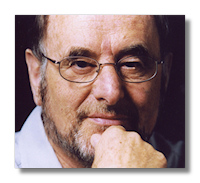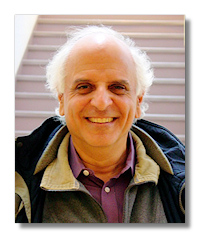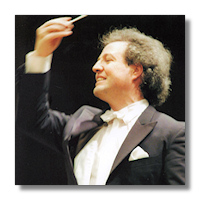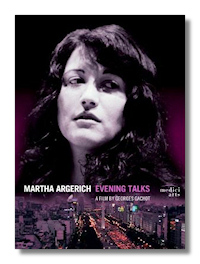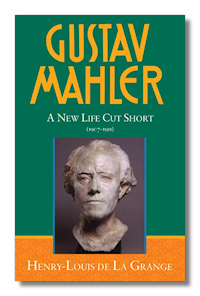
Opera – the Sun loves it
Hats off to the tabloid – their spread on opera is virtuoso stuff

Today's the day for Sun readers – and first-time, sheepish Sun readers who normally read the Guardian – to apply for cheap tickets to the first night of the Royal Opera House's new season on September 8, which I wrote about last week. And I have to say, hats off to the Sun – what a fabulous job they have done. On the front page the headlines read: "Amy was 'spiked with e'"; "Honeymoon Groom Ben Brain Dead"... and "A night at the Opera from £7.50... OPERA WE LOVE IIIIIIT!"
Inside comes the headline: "Sex, death, booze, bribery, revenge, ghosts... who said opera is boring?" The story explains that "The truth is, most operas are dirtier than Amy Winehouse's beehive, riper than a full-on effing rant by Gordon Ramsay and more violent than a Tarantino bloodfest."
This is virtuoso stuff. What's brilliant – and important and true -about the Sun's take on opera is that they see no reason to pretend that it's a polite, elegant, decorative artform – they are determined to communicate that it is dirty, dangerous, sexy and nasty. Which in my view, is spot on. Good for them. I even forgive them their rather hilarious attack on "elitist broadsheet the Guardian ... blow them. They can have a night in with thier mung bean sandwiches and discuss existentialist feminism. We'll be down at the opera having a knees-up".
Read more about this at the Guardian website:
http://blogs.guardian.co.uk/art/2008/07/opera_the_sun_loves_it.html















